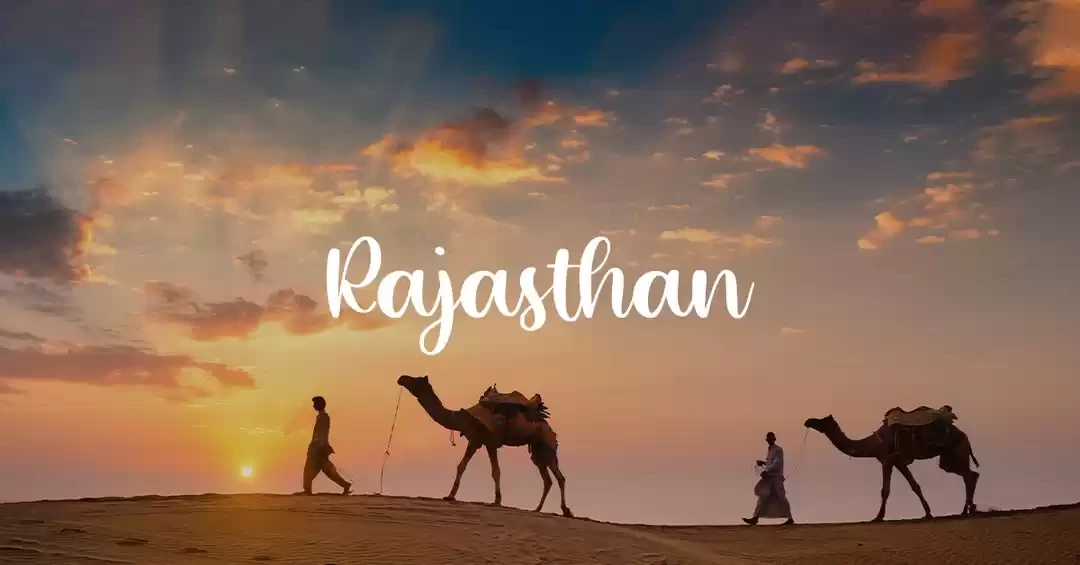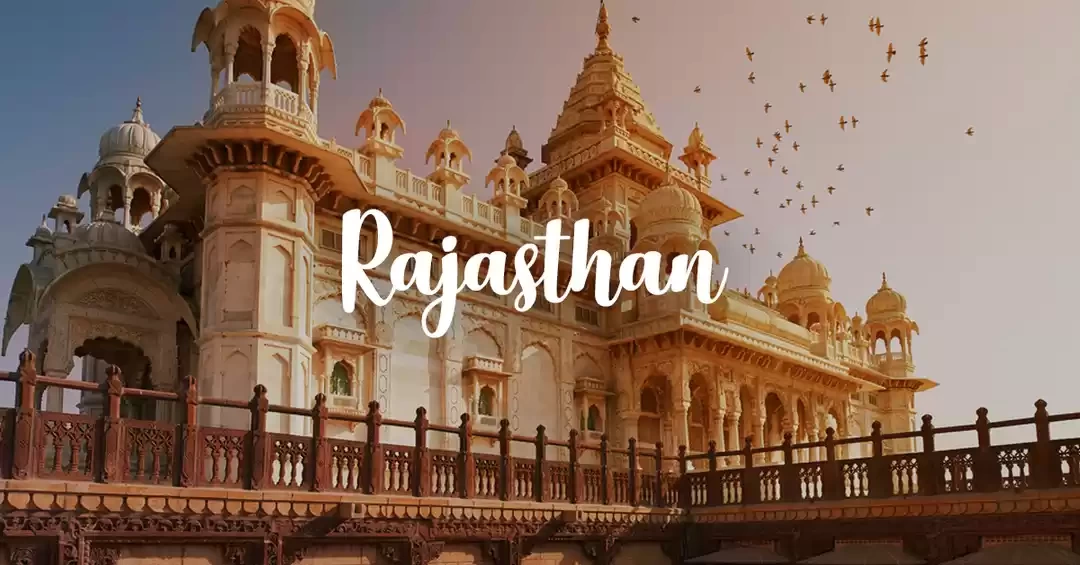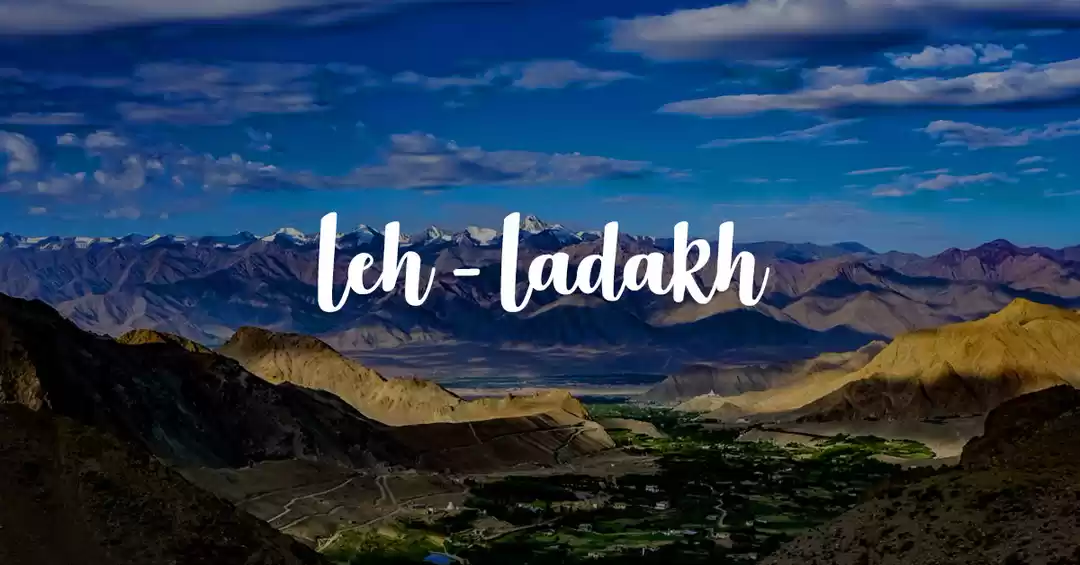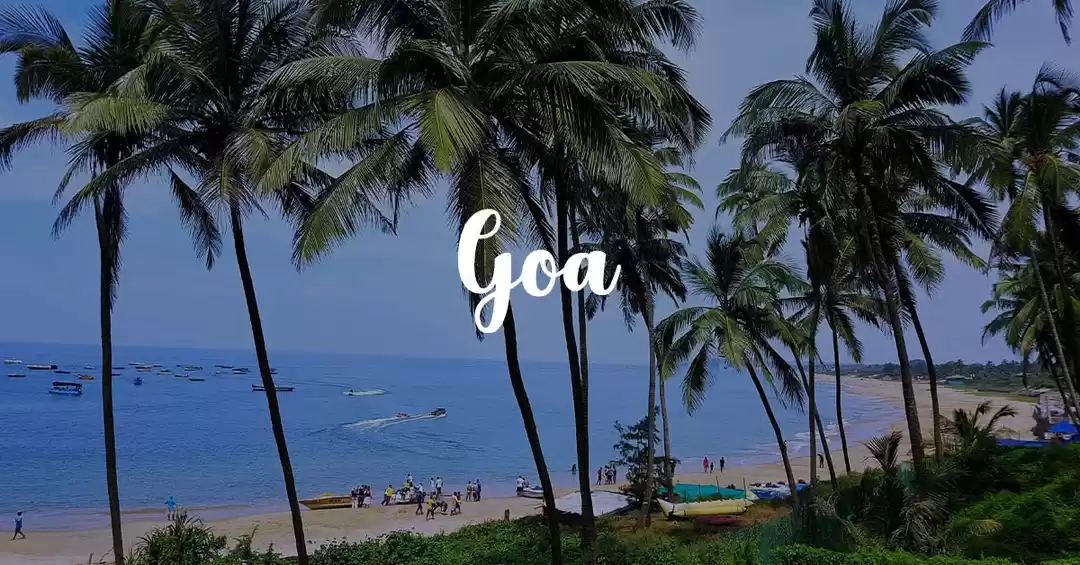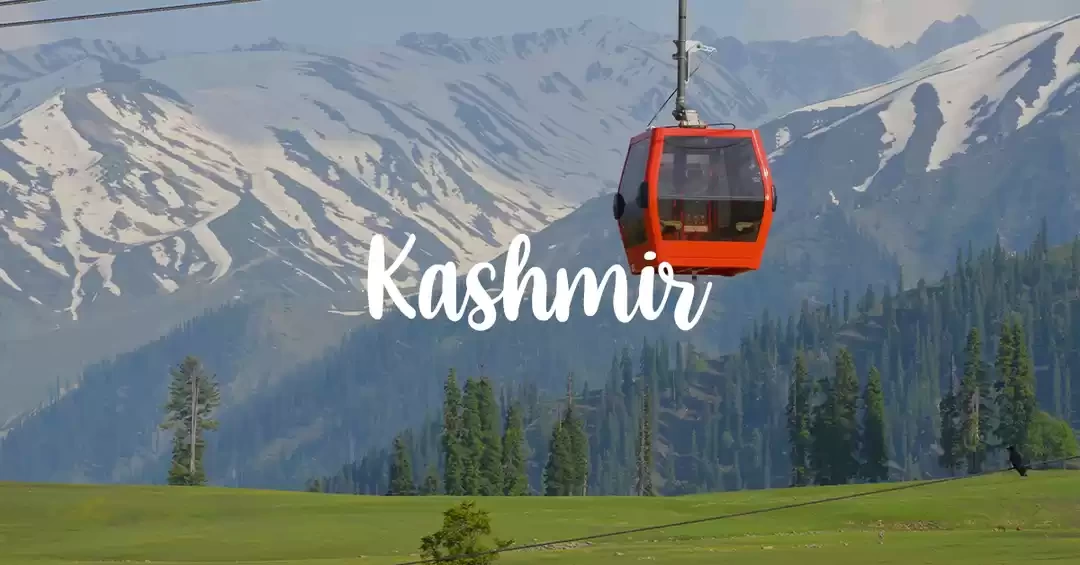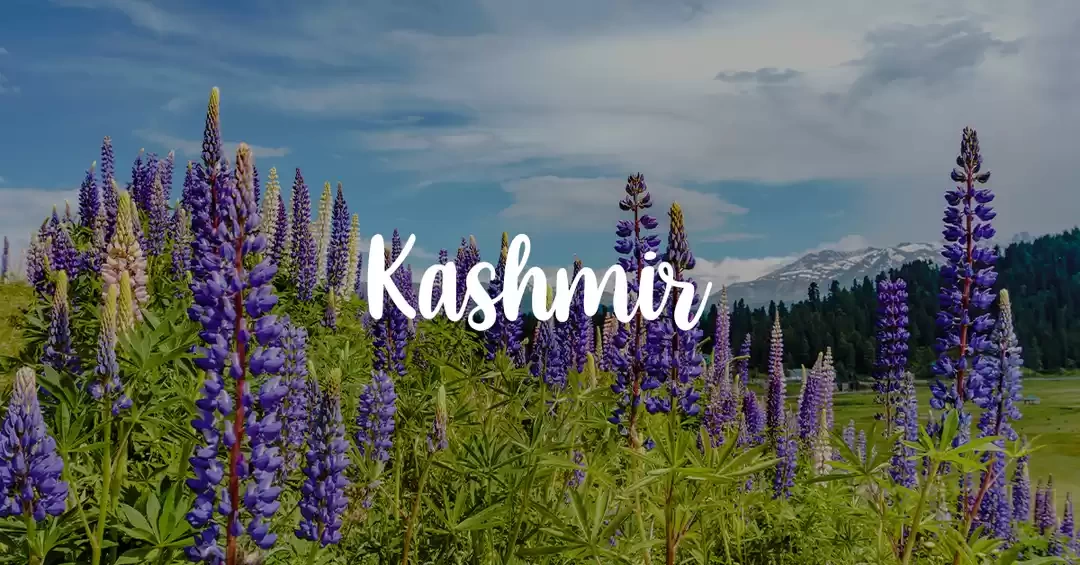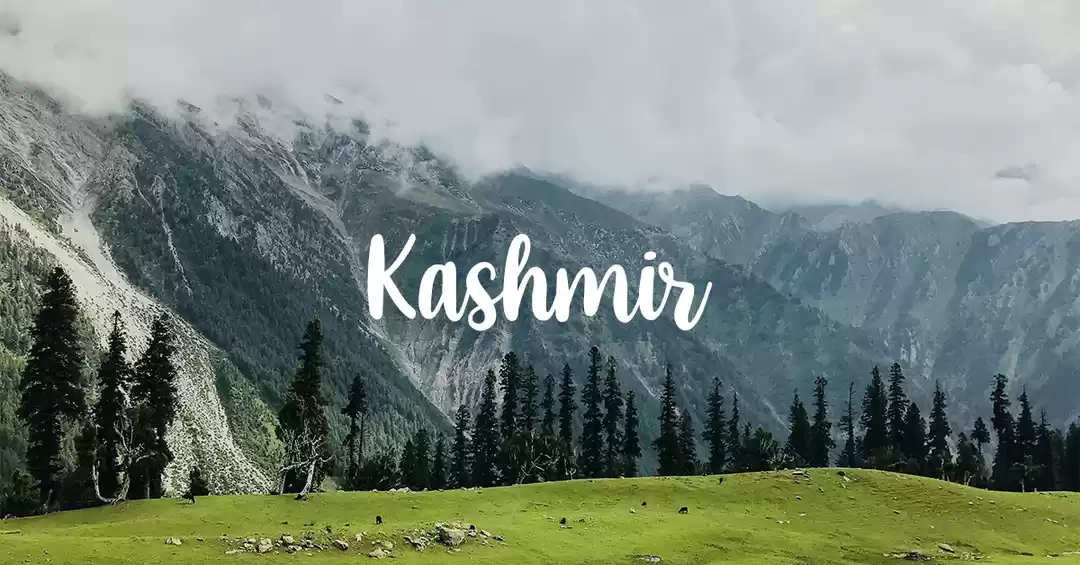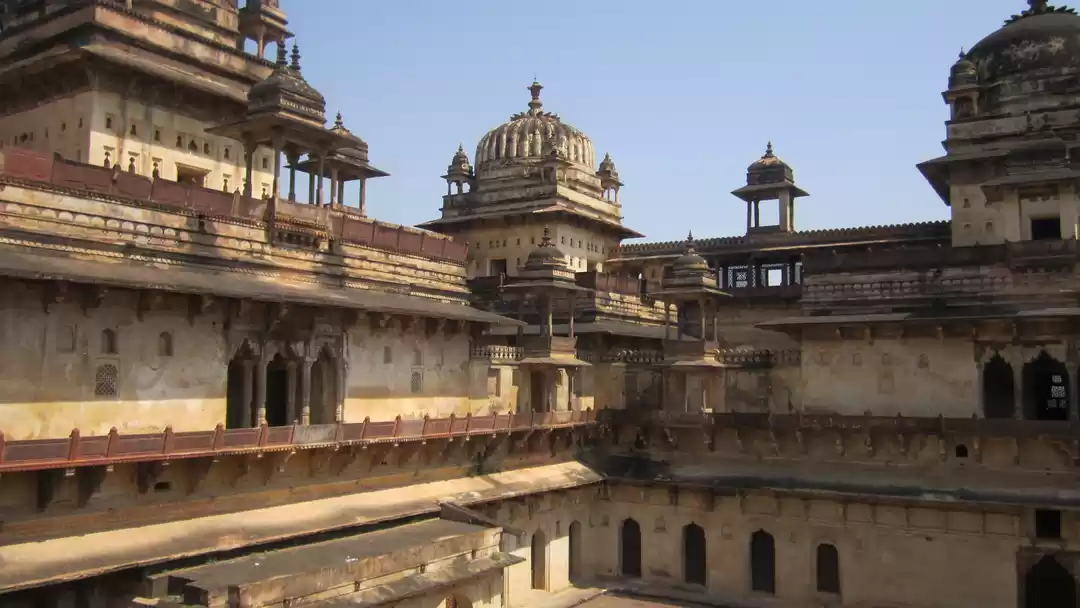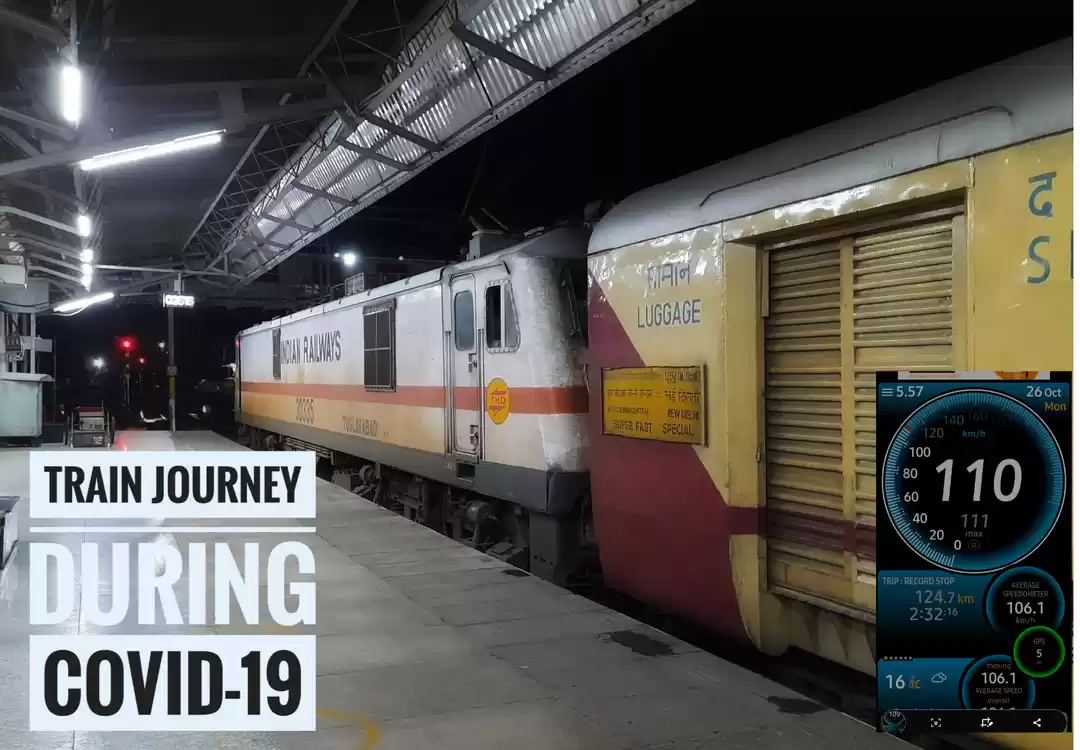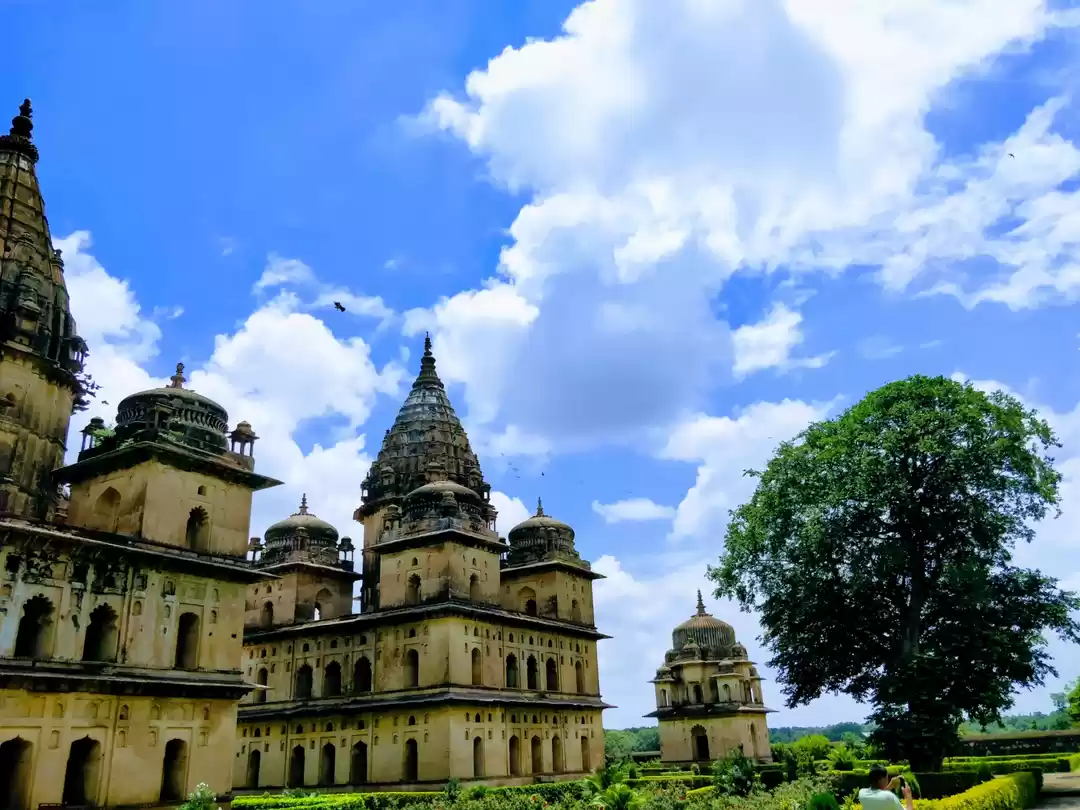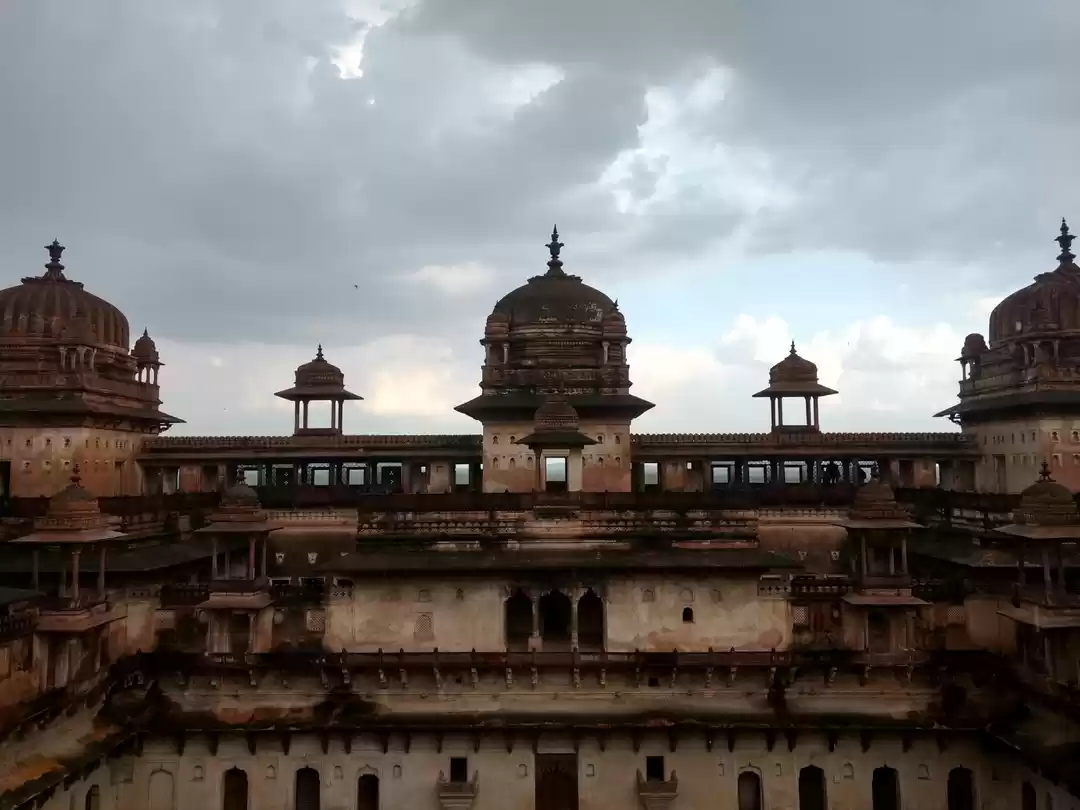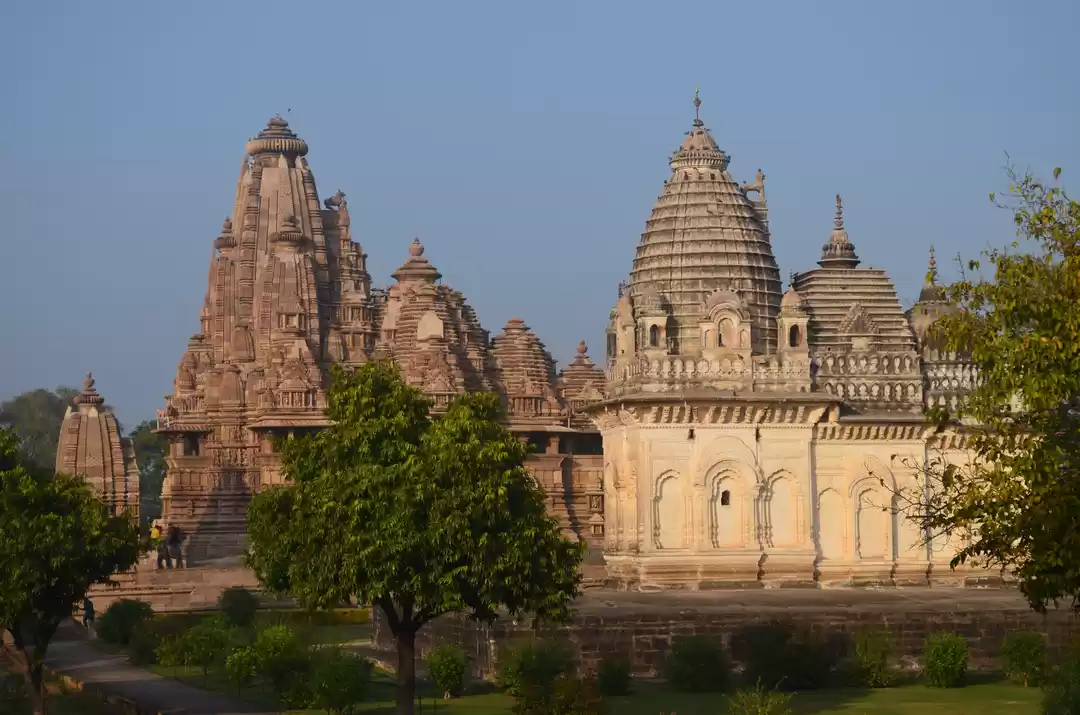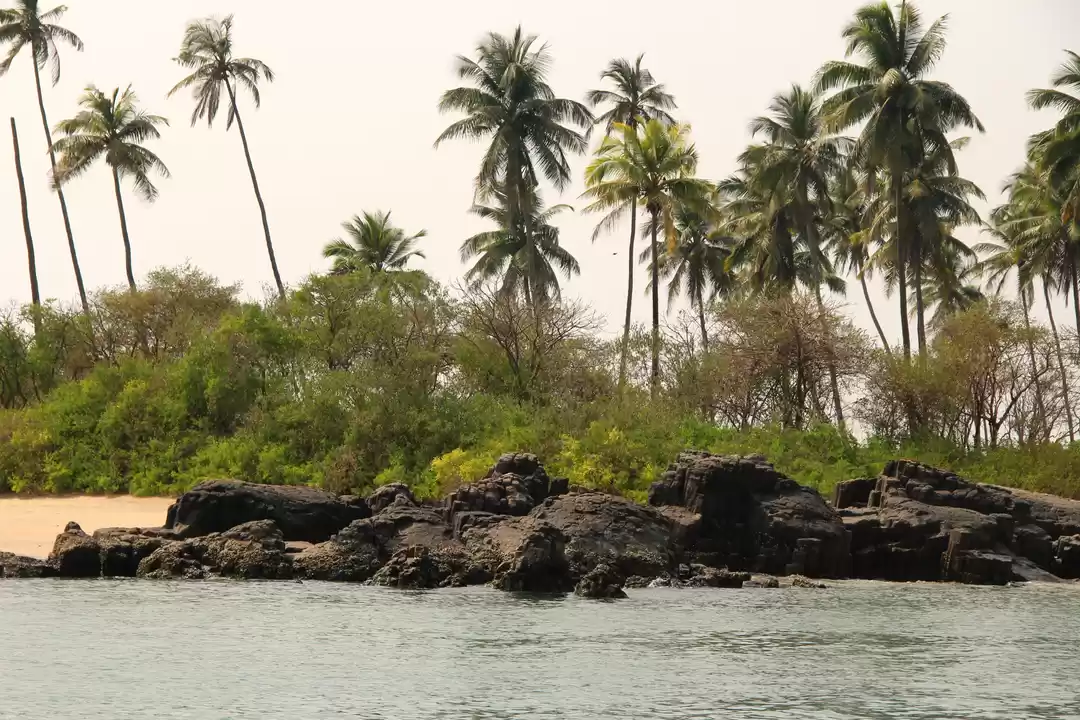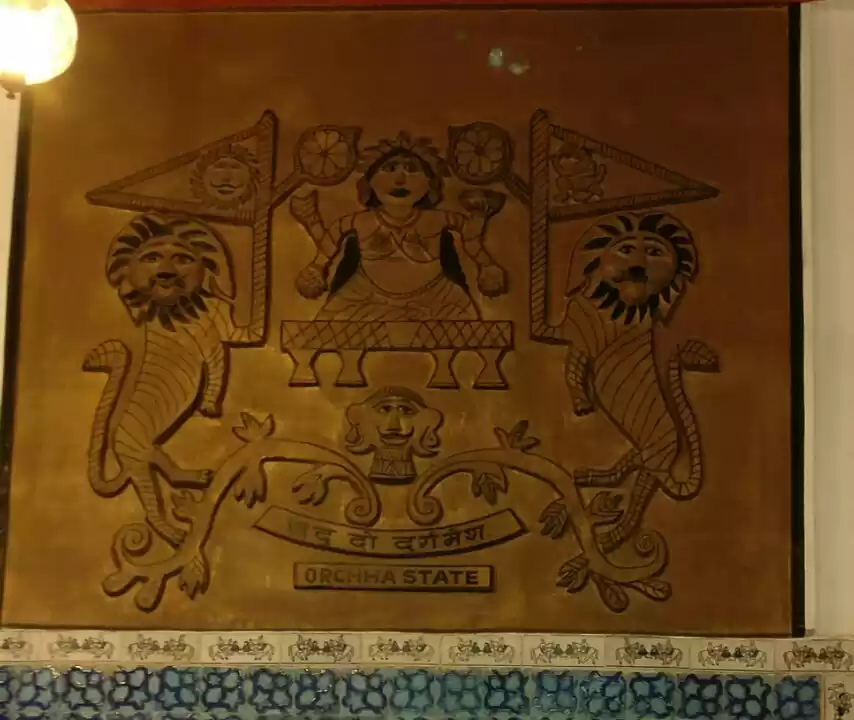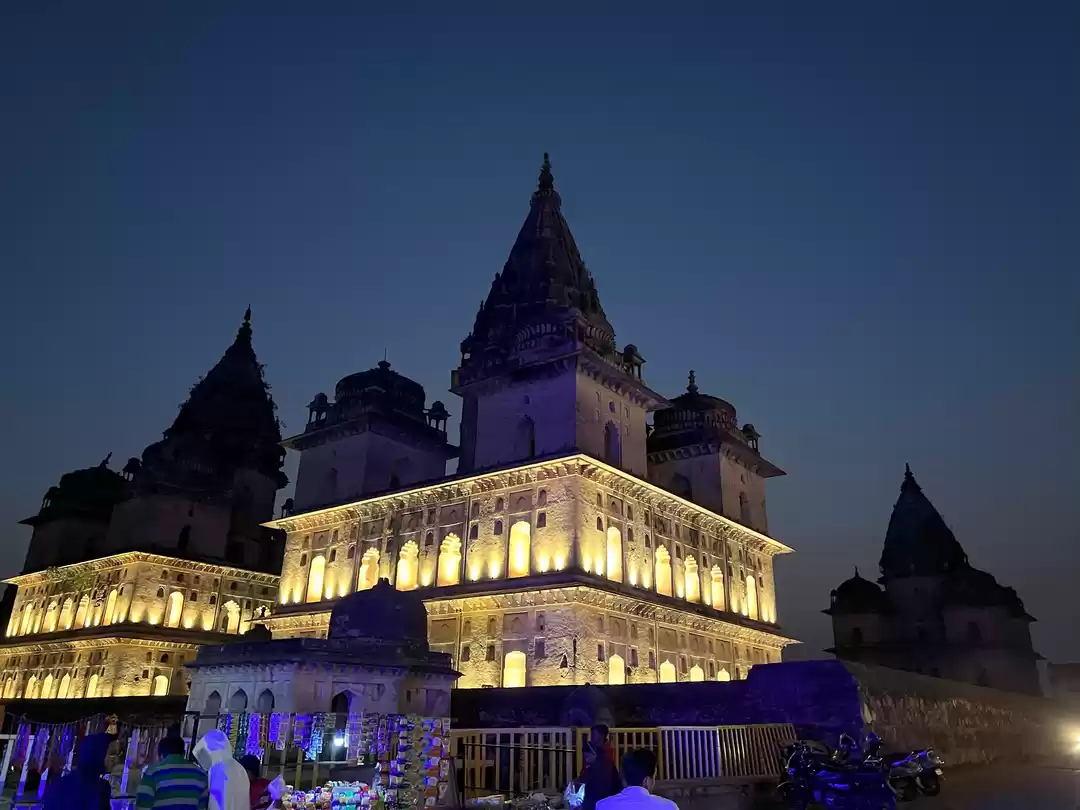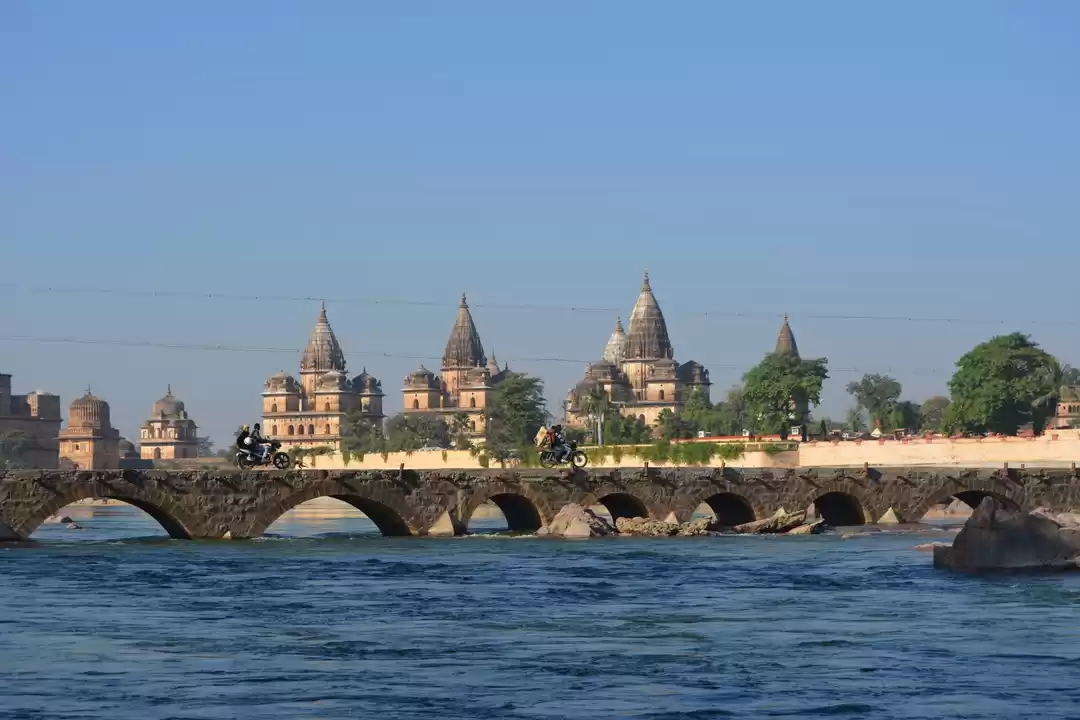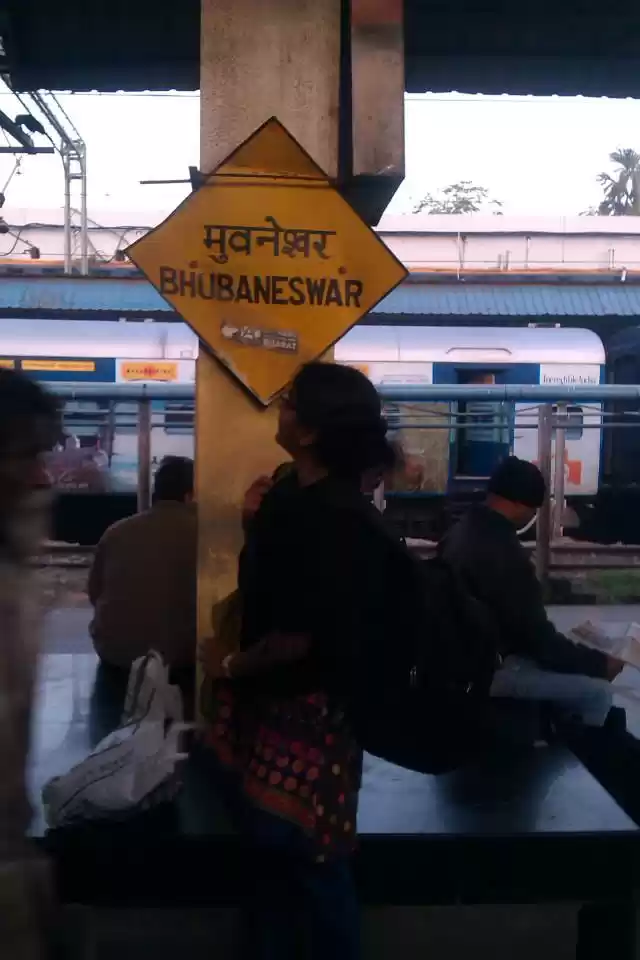






The last night in Delhi was spent at a random party, celebrating the birthday of a girl I met at the party itself. Rounds of weed wave and cocktails contrived by Sam through Google. The morning sees me heckling with the auto rickshaw driver yet again. The business model of the Auto rickshaw drivers is painfully simple: don’t worry about the next passenger, try to fleece as much from the one you have in hand. Happy that I won’t have to meet another Delhi auto rickshaw for a good while, I take the ride. Delhi’s short for motor rickshaw is ‘auto’ though known in the Indophile corners of this world as ’tuk-tuk’. The train has already arrived by the time I reach the station. I had a print copy of a sleeper class berth on the Sampark Kranti Express to Bangalore (officially Bengaluru). It leaves on time: 6:45. After wasting 30 bucks on two pieces of bread and cutlet (the Indian Railways caterers religiously overcharge) and a quick "joint" in the washroom, I fall asleep with a thick NET (National Eligibility Test) preparation book.
I am woken from my sleep by the incessant crying of a baby, my fellow passenger. A two years old Bandidas, she would wave me goodbye every time I stepped down from the train at any station. Her mother is asleep on the upper bunk and seeing an air pillow on her own berth, the child rests her head on it and goes to sleep beautifully. A veteran of 2 years of train travel (she first boarded the Indian Railways at the age of 10 days), nothing docks her. She continues to play. Trying to amuse herself, she often involves others in her game (including yours truly). But a 10 day trip from Bangalore to Delhi by traveling to Jaipur and Agra had made her cranky. And her cry woke me up. Her mother had tears in her eyes, seeing her baby cry. But, while on the railways the options are starkly limited; she couldn’t do anything.
The train stops in Jhansi, I get down to stretch my legs. Located on the banks of the Betwa River, Jhansi is a historic city famous for its strategic fort and warrior princess, Rani Lakhmi Bai. The baby notices me at the station. Again she waves me goodbye. I quickly get on the train. I never underestimate the supernatural powers of any baby.
The baby stops crying. The train leaves Jhansi station. Airtel, my phone service provider, informs me at every state border that I have entered another state boundary and the amount they will charge me for receiving calls on roaming.
Airtel welcomes you to Rajasthan.
Airtel welcomes you to Madhya Pradesh.
Airtel welcomes you to UP East.
The train crosses over the rocky bed of the Betwa river. Narrow hill ranges follow the train on both the sides. Stretches of trees and boulders broken, now and then, by human endeavor to cultivate. Abandoned houses and screeching red railway guard rooms. There was something about these lifeless stones that stirred me. Something way beautiful. Majestic. The raw edge of nature as it protrudes out of the earth. Glistering in the rain. Water cutting through. Running through. The crevices of the lifeless stones drowned in the muddy water. Few trees cling on to them. Drawing life out of the dead rocks. The scars. The green and the rough battles for the dry land.
The train makes an ‘unnatural’ stop at Mohasa. The train travels through stone walls as it cuts through rock faces. Distant lines cut through the field, impregnating the soil with seeds of the next season’s crops. The national power grid crisscrosses the plains; bringing electricity (‘current’, as they say in the villages) to the far flung of the country. Green paddy peeping out of the ground.
A local game of cricket plays out on the fields across the Motichur Nadi. A game of cards is in play in the compartment. The train crosses Selar and Bina; rivers demeaned to streams.
I doze off trying to make sense of Chaucer. I wake up as my train chugs into the Bhopal station. Bhopal is the capital city of Madhya Pradesh. Infamous for the Bhopal gas tragedy, it is also the gateway to Sanchi. The baby has by now roped in another stranger to be her playmate. Her parents are fast asleep. To add to the commotion, another baby has also joined the troupe. She just stands and stares at me. She doesn’t even blink. Reminds me of "The Sixth Sense"; scares me. The original baby hangs her mother’s hand bag around her neck and picks it up. Her earlier attempts at picking the bag with her own hands had failed. Show off!
The train transgresses the rocky face of the mountains. It passes by giant gorges and through deep tunnels into the body of stone. As the evening seeps into the compartment, the space is riddled with the chants of “Radhe Radhe”. The Krishna addicts are on the roll with their 'kirtan' frenzy. Orange robed junkies. Competing shouts overwhelm the compartment as “secular” people tolerate the incessant chants, all in the name of religious freedom. Salvation addicts. I lock the bathroom door; shutting the godliness of the world outside; roll a joint and puff. Smoking alone in a train bathroom, traveling at 80 mph across the plains of Madhya Pradesh.
I stand at the train’s doors, feeling the rushing wind. We pass through all uncharted beauty of the magnificent plain of the subcontinent; untouched and unspoiled by human progress. The wish to record all of this on the camera is swept away by the selfish need to imbibe all of it within me. The night ends with the addicts’ evening prayer. Then the baby starts to cry. After an hour of crying, the baby and the compartment go to sleep.
Kuchigeda station opens my eyes. I buy a Dosa for 18 rupees. Breakfast. I swear I must learn a little of the south Indian languages. The baby sleeps peacefully on her berth. Sunlight floods the compartment. The Railway caterers ferry the goods. They always overcharge. Coffee, tea (chai), Vada and Idli. We have entered the south. We are in the land of lungi. Stone quarry. Electricity towers proclaiming civilization in the unbroken ranges of hills. And lines and lines of coconut trees. Palm trees and bananas. Stone dust enters the compartment as we cross Bogulu and we rush to shut the windows. Stagnant, white smoke hangs around the hills waiting for the train to pass by. Another hamlet. Another advertisement. Dixcy Innerwear. A white goat. A palm thatched hut. A Hanuman (the monkey god) statue on the hill top.
The train stops at Dhone, a station in Andhra Pradesh. According to the local traditions, the name is derived from Dronacharya, the famous tutor in Mahabharata who apparently meditated on a hill nearby. According to Wikipedia, there is now a Hanuman temple, masjid (mosque) and church on the hill.
The train reaches Bangalore at 7:10 in the evening. The land stinks of religion, is dazed with liquor shops, and is eternally in love with flowers. Fascination with mustaches and film stars. Lovely weather. Language Kannada.
My stepping stone to South India. Places to travel: Kodaikanal, Karwar, Honnavar, Kumta, Gokarna, Udupi, Vellore, Nandi Hills, Hampi, Madras, Kasorgod, Mirjan, Lushington, Mangalore, Coorg, Mysore, Kanyakumari.










